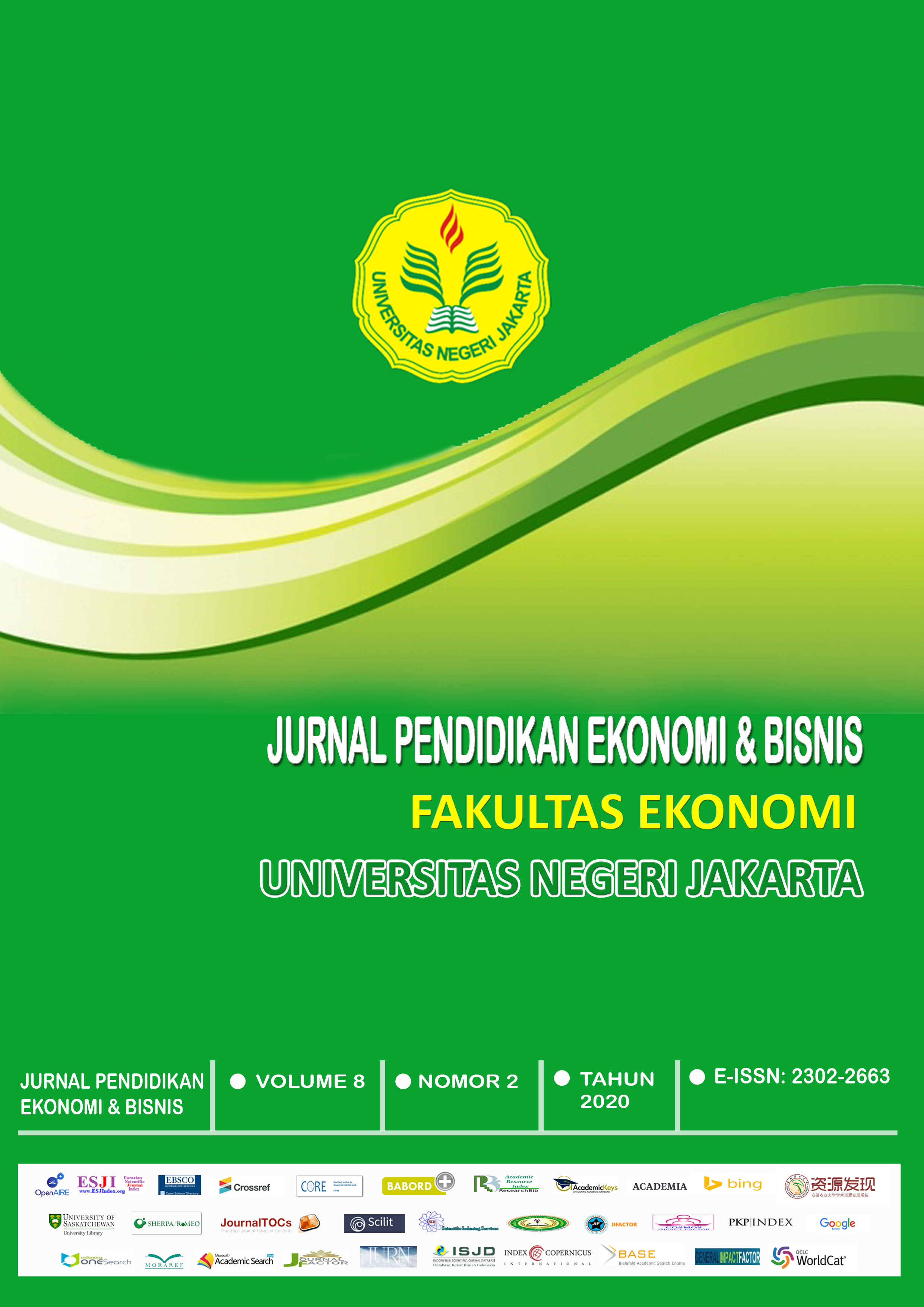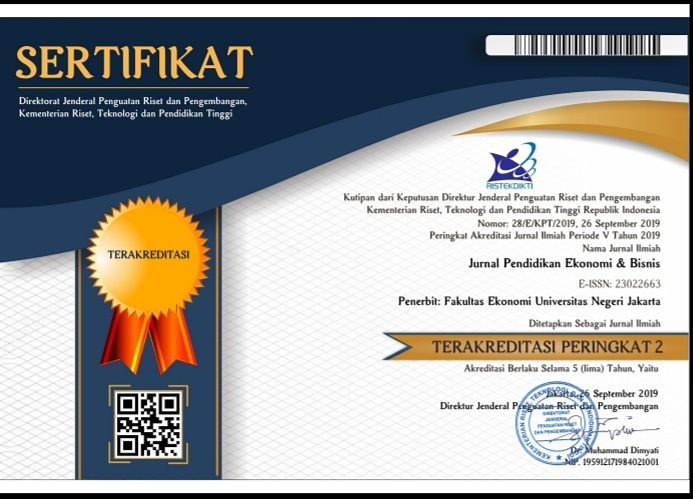Does E-Procurement Prevent Corrupt Activity in Public Procurement Process?
DOI:
https://doi.org/10.21009/JPEB.008.2.6Keywords:
E-Procurement, Corruption, Bribery, Game TheoryAbstract
Corruption is an extraordinary crime that occurred in every country. The United Nations Office on Drugs and Crime (UNODC) reported in 2013 that about 10-25 percent of the value of public procurement in the whole world, including Indonesia, was corrupted. Based on the data of Indonesia’s Corruption Eradication Commission (KPK), corruption cases in public procurement is in the highest rank compared to the others. Using a game theoretical approach, this study aims to analyze the procurement process of public goods and services of the Indonesian Government, which has adopted the electronic system, called e-procurement. The game is played sequentially by two representative agents, namely the organizer (government) and the provider. It is assumed that the organizer has a non-corrupt nature. This study results that e-procurement is not significantly able to reduce corrupt behavior. It happens because, although the procurement process is conducted electronically, both sides still have the possibility to meet for negotiation, which can lead to corruption. Therefore, the key to preventing corrupt practices in public procurement is to avoid the two players’ meeting.
Downloads
Published
How to Cite
Issue
Section
License
Articles in Jurnal Pendidikan Ekonomi & Bisnis are Open Access articles published under the Creative Commons CC BY-NC-SA License This license permits use, distribution and reproduction in any medium for non-commercial purposes only, provided the original work and source is properly cited. Any derivative of the original must be distributed under the same license as the original.








